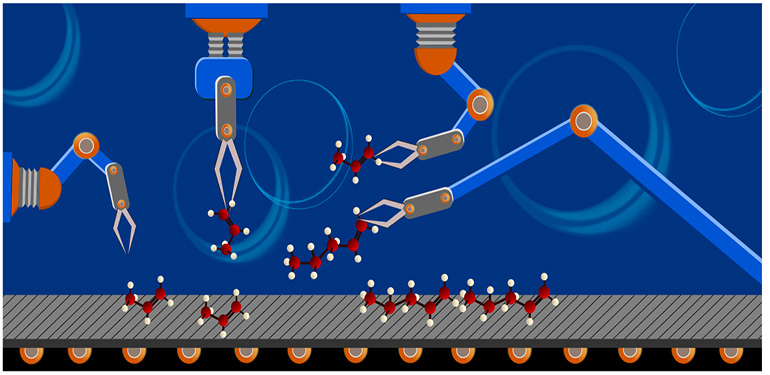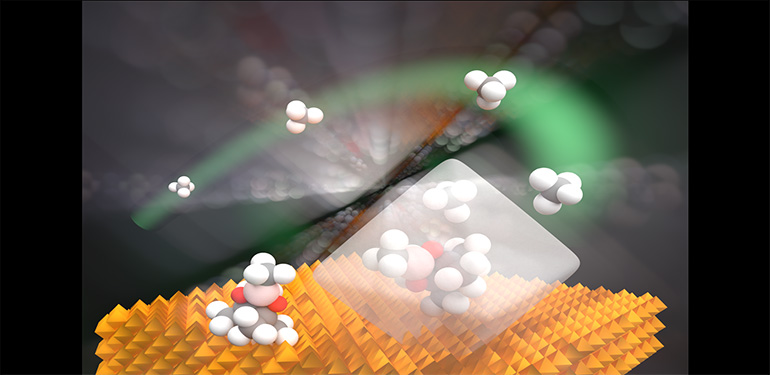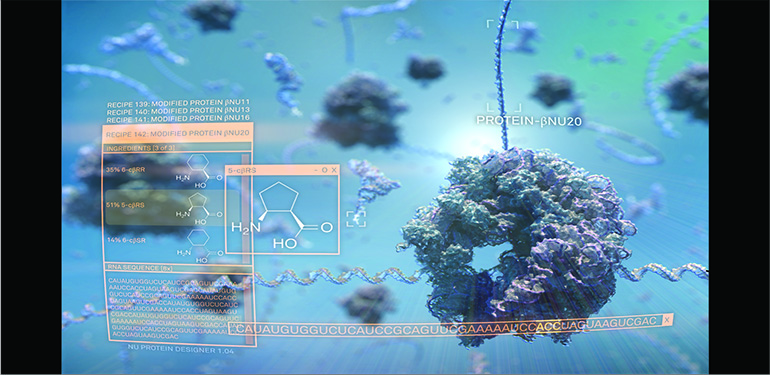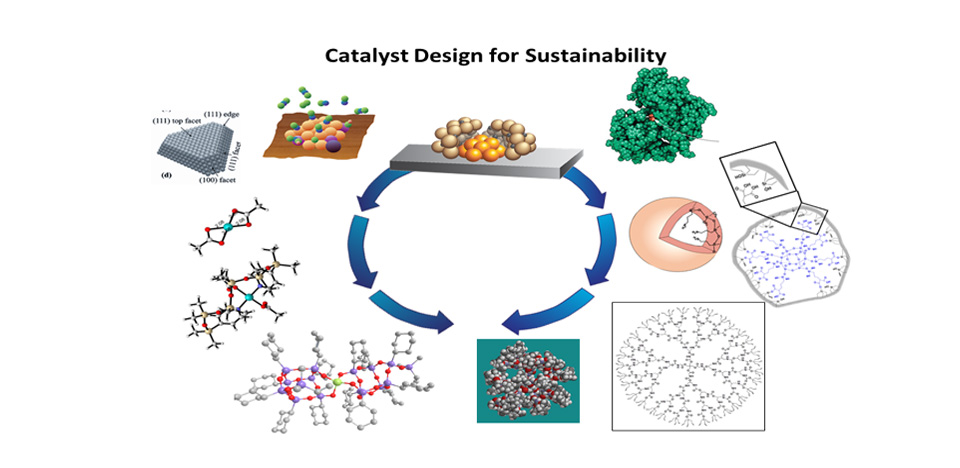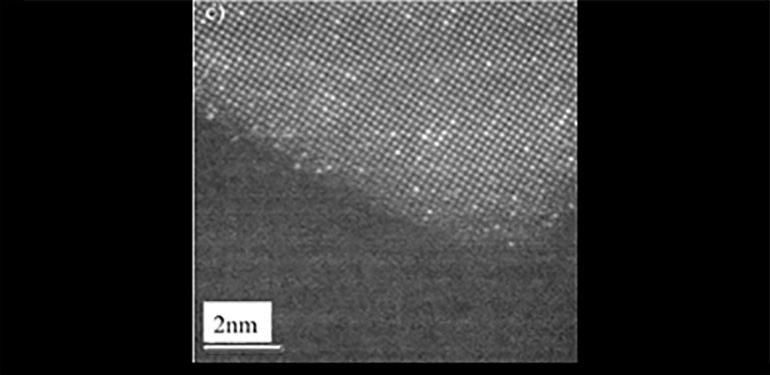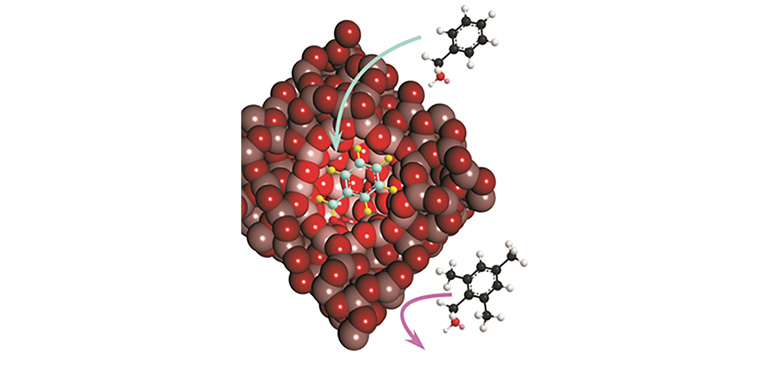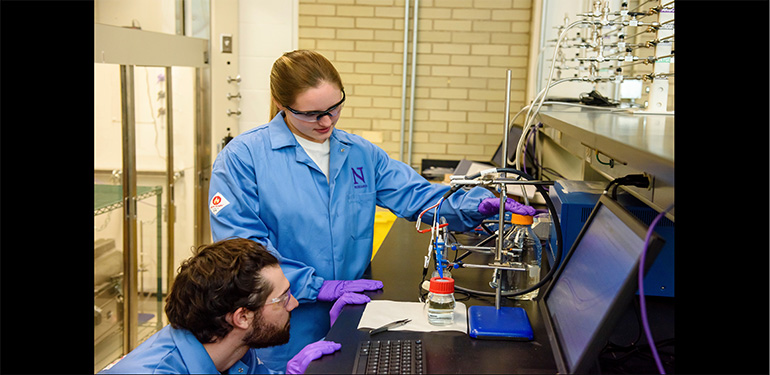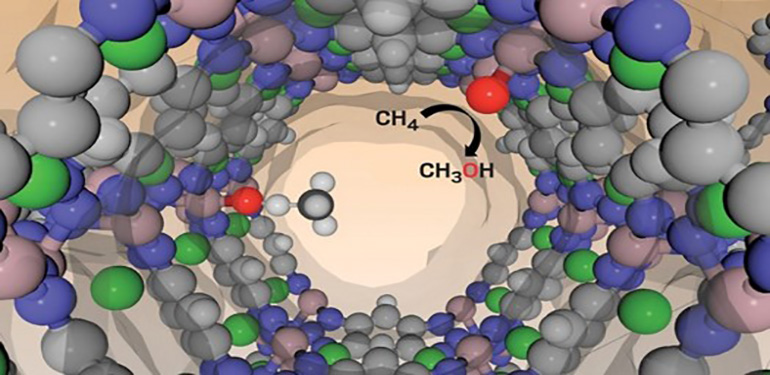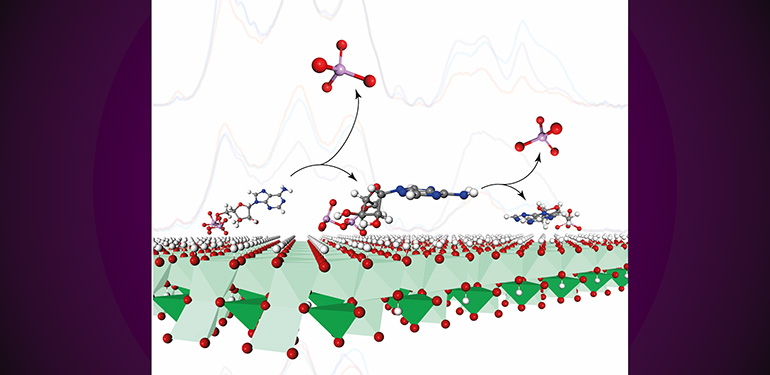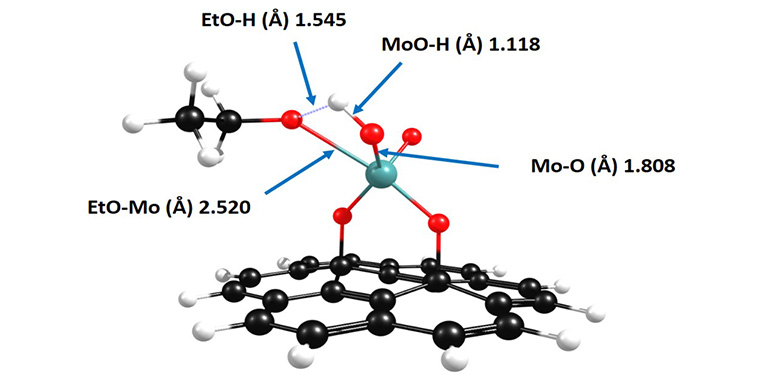Research / Areas of ResearchCatalysis and Reaction Engineering
Catalysis and Reaction Engineering
The discipline of Catalysis and Reaction Engineering (CRE) seeks to control and understand the networks of reactions that occur in ‘reactors’ ranging from cellular compartments up to world-scale industrial facilities, and includes reactions may be activated by heat, light, electrical, or chemical energy. Because of this broad remit, CRE is interested in intricate biochemical pathways, pollution remediation, and the production of anything from fine chemicals and pharmaceuticals, to fuels, monomers, and polymers. CRE at Northwestern is highly interdisciplinary and often takes place in globally recognized, collaborative centers.
Research Areas
Our researchers study catalysts that may be small molecules, biological macromolecules, or solid materials, which harness light, electricity, or thermal energy as inputs. An important area of research is to understand how catalysts can work cooperatively or be arranged in space and time to carry out reactions with high selectivity or to synthesize molecules and materials with new properties. We also have strengths in the development of reactions for sustainable chemistry and in the modeling and synthesis of new catalysts and reaction environments, including engineered cellular environments, metal organic frameworks, single-site catalysts, and multicomponent oxides.
Faculty
CORE
 |
Linda BroadbeltNovel computational approaches to address hurdles facing the biomass industry in the transition to more sustainable fuels, chemicals and materials. |
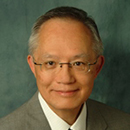 |
Harold KungDevelop understanding of molecule-surface interactions, reaction mechanisms, and synthesis methodology to enable catalysts by design for sustainability. |
 |
Tobin MarksFundamentals of catalysis by atom-precise materials and designed organometallics with specific interests in polymerization/depolymerization and selective oxidation. |
 |
Justin NotesteinDesigning and interrogating all types of catalysts and catalytic processes, especially for large scale chemical processes and novel applications in sustainability. |
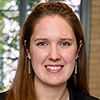 |
Linsey SeitzElectrocatalysis, in situ spectroscopy, dynamic catalyst materials, and reactor design towards renewable production of fuels and chemicals. |
 |
Randall SnurrComputational catalysis modeling, data science in catalysis, natural gas conversion, oxidation catalysis, catalytic destruction of toxic compounds. |
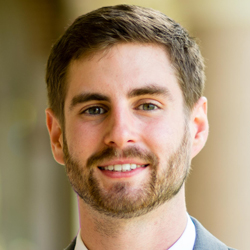 |
Dayne SwearerThe Swearer Lab combines nanophotonics with heterogeneous catalysis, develops operando spectroscopies, and works towards the electrification of reactions crucial to industry and society. |
 |
John TorkelsonDeveloping and tuning reactions for the synthesis and deconstruction of sustainable and recyclable/upcyclable polymers and composites. |
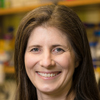 |
Danielle Tullman-ErcekCoupling modeling and experiments to explore the impact of enzyme sequestration and organization on biochemical reaction performance. |
COURTESY
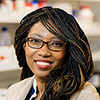 |
Ludmilla ArstildeProbing the heterogeneous catalysis of nutrient recycling by natural mineral oxides by coupling spectroscopic analyses with molecular simulations. |
 |
Omar FarhaDesign and synthesis of catalysts supported on porous materials with atomically precise structures for energy-, environment- and national defense-related applications. |
 |
Kimberly GrayEnvironmental catalysis, including synthesis of photo-active materials for resource recovery and water/air treatment, as well as the unintended ecotoxicological impacts of nanomaterials. |
 |
Chad MirkinMirkin develops nanomaterial megalibraries (>1 million features) for the high-throughput screening and discovery of energy-relevant catalysts. |
 |
Milan MrksichStudying and applying spatio-temporal organization in catalytic systems, including the use of microfluidic systems, patterned surfaces, and megamolecules for cascade reactions. |
 |
George SchatzThe Schatz group uses a density functional theory and molecular dynamics calculations to study catalytic reaction mechanisms. |

